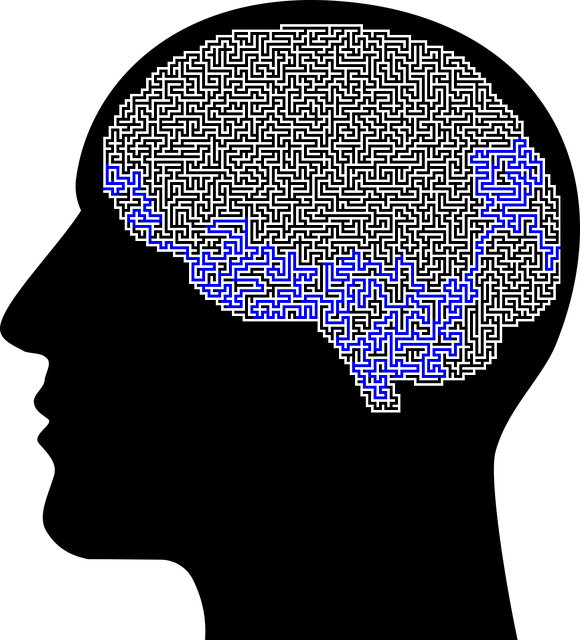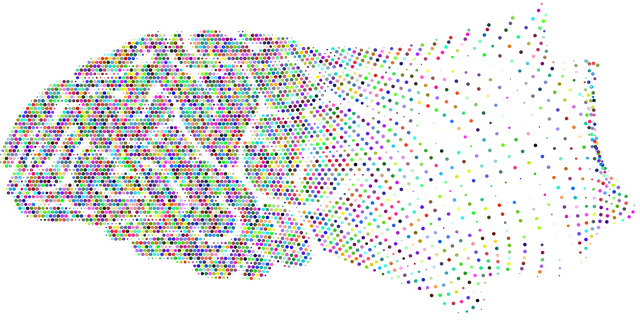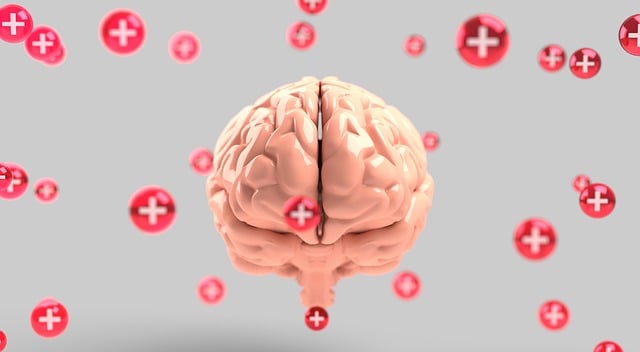Northglenn Hebrew Speaking Therapy offers specialized grief counseling for individuals dealing with loss and bereavement, addressing cultural and linguistic needs often overlooked in mental health services. Through evidence-based practices, tailored therapy sessions, and coping skill development, they guide clients through the grieving process, fostering emotional expression and healing. Their comprehensive approach includes cognitive reframing, mindfulness exercises, creative outlets, and education to empower individuals managing grief and prevent depression.
Loss, grief, and bereavement are profound experiences that can deeply impact an individual’s well-being. This comprehensive article explores these complex emotions, offering a detailed look at how counseling can facilitate healing during difficult times. We delve into the role of therapy in navigating loss, highlighting the unique approach of Northglenn Hebrew Speaking Therapy, which provides supportive spaces for those dealing with grief. Additionally, we explore effective strategies and techniques employed by counselors to aid clients in their healing journey.
- Understanding Loss, Grief, and Bereavement: A Comprehensive Overview
- The Role of Counseling in Navigating Difficult Emotions
- Northglenn Hebrew Speaking Therapy: Providing Supportive Spaces for Healing
- Strategies and Techniques Employed in Grief Counseling Sessions
Understanding Loss, Grief, and Bereavement: A Comprehensive Overview

Loss, grief, and bereavement are complex emotions that can significantly impact an individual’s mental health and overall well-being. Understanding these concepts is a crucial step in providing effective support to those going through difficult times. At Northglenn Hebrew Speaking Therapy, we believe that addressing loss is a specialized yet essential aspect of mental health care.
Grief is a natural response to losing someone or something meaningful, while bereavement refers to the process and period of adjustment following a significant loss. Our counseling services aim to guide individuals through these challenging phases by offering a safe space for expression and healing. Through our tailored therapy sessions, clients can develop coping skills, enhance their mental health education, and work towards preventing depression associated with prolonged grief. We design our programs to cater to diverse needs, ensuring that each person receives personalized support during this transformative journey.
The Role of Counseling in Navigating Difficult Emotions

Navigating difficult emotions following a loss can be profoundly challenging. Counseling offers a safe and supportive space to explore these complex feelings, providing individuals with the tools necessary to process grief and bereavement in healthy ways. Therapists at Northglenn Hebrew Speaking Therapy utilize evidence-based practices tailored to each client’s unique needs, fostering an environment of understanding and growth.
Through active listening and empathy building strategies, counselors help individuals manage intense emotions like sadness, anger, and guilt. Integrating mindfulness meditation techniques can also prove beneficial in promoting self-compassion and burnout prevention strategies for healthcare providers who may be caring for themselves while supporting others through difficult times.
Northglenn Hebrew Speaking Therapy: Providing Supportive Spaces for Healing

Northglenn Hebrew Speaking Therapy offers a unique and supportive space for individuals navigating loss, grief, and bereavement. This specialized therapy provides an opportunity for those who speak Hebrew to connect with trained professionals who understand their cultural background and specific needs. By creating a safe environment, the therapists foster open dialogue, encouraging clients to express their emotions freely.
In today’s digital era, where mental health services are increasingly accessible, Northglenn Hebrew Speaking Therapy fills a gap in the market. They cater specifically to the diverse population who may face challenges finding therapists that accommodate their language and cultural preferences. This approach not only enhances therapeutic outcomes but also ensures effective risk management planning for mental health professionals, as they adapt their practices to suit individual client needs. Additionally, their services can be further supported by educational resources like the Mental Wellness Podcast Series Production, which can offer valuable insights into managing mood and promoting mental wellness.
Strategies and Techniques Employed in Grief Counseling Sessions

In grief counseling sessions at Northglenn Hebrew Speaking Therapy, a range of effective strategies and techniques are employed to support individuals navigating loss and bereavement. The process begins with creating a safe and non-judgmental space for clients to express their emotions freely. Therapists encourage active listening, allowing clients to share their stories and memories without interruption. This fosters a sense of validation and understanding, crucial for coping with profound grief.
Practical techniques such as cognitive reframing and mindfulness exercises help individuals challenge negative thought patterns and cultivate inner strength. By teaching coping skills development based on Mind Over Matter principles, therapists empower clients to manage their emotions more effectively. Additionally, engaging in activities like journaling or art therapy provides creative outlets for processing grief, enabling clients to express themselves beyond words. These strategies work together to support individuals in their journey towards healing and rebuilding their lives after loss.
Loss, grief, and bereavement are profound experiences that can deeply impact an individual’s well-being. As this article has explored, understanding these emotions is a vital step in the healing process. Northglenn Hebrew Speaking Therapy offers a unique and supportive space for those navigating difficult times, providing specialized counseling to help individuals cope with loss. Through various techniques, therapists guide clients in expressing and processing grief, ultimately fostering resilience and a sense of healing. By accessing these services, one can find strength during challenging periods and emerge with enhanced coping strategies.














